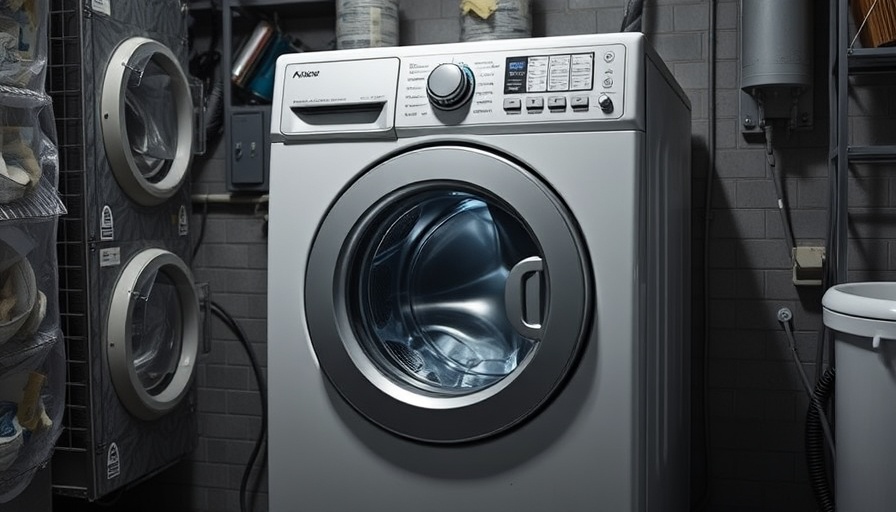
The Shifting Landscape of Advertising Agencies
In an era of rapid technological advancement, the advertising industry is facing unprecedented challenges. With the infusion of AI into marketing strategies and the automation of numerous roles, traditional ad agencies are reevaluating their operations to remain relevant. This shift doesn't just represent a change in who does the work; it fundamentally alters the structure and strategy of how agencies operate.
Understanding the Stakeholders in Ad Agencies
Ad agencies such as IPG, Omnicom, and Publicis are reevaluating their market strategies due to ongoing pressures. Publicis has emerged as a leader, largely due to strategic acquisitions and investments in technology. In stark contrast, WPP has found itself faltering under the leadership of Mark Read, whose recent departure may signal the need for a fresh start as the agency grapples with client losses and stock price declines.
AI: A Double-Edged Sword for the Advertising Sector
As AI technologies become increasingly integrated into the marketing landscape, their effect is two-fold. On one hand, AI can streamline processes and enhance data-driven decision-making. On the other, there’s a concern about job displacement and diminishing value of strategic human creativity. The pivot towards user-generated content also raises the question: how do traditional creative roles adjust to an audience-centric model driven by vast data analytics?
Forecasting Change in Advertising Spend
WPP Media’s recent midyear ad forecast noted a downward revision of advertising growth from 7.7% to 6%, primarily due to economic uncertainties. However, the report unveiled a telling statistic: user-generated content is projected to dominate the ad spend this year. This could be a pivotal moment for dealerships and brands that have traditionally relied on conventional advertising strategies.
Engaging with AI Website Builders and Digital Transformation
To keep up with evolving advertising trends, dealerships might consider using advanced tools like AI website builders. Not only do these platforms allow for rapid development, they also empower businesses to create engaging, tailored online content that resonates with consumers. Today, there are various options for best AI website builders that can help improve online visibility and engagement.
Actionable Insights for Dealership Leaders
As industry stakeholders, dealership principals and GMs must navigate this new landscape carefully. Embracing AI-driven solutions can transform how they engage with consumers. By leveraging AI site builders, dealerships can develop a strong online presence without high costs, advocating for their unique offerings more effectively than ever.
What Lies Ahead?
As the advertising ecosystem continues to evolve, how dealerships adapt will be crucial. The fight for consumer attention in a digital-first world requires flexibility, awareness of AI innovations, and a willingness to engage in new methods of outreach. The ad industry may face its washing machine moment, but those who emerge will do so with a clearer understanding of their strategic direction.
As leaders in automotive sales, it's time to educate yourselves on how AI can revolutionize your marketing efforts. Consider exploring some of the best website builders for small businesses to elevate your digital capabilities.
 Add Row
Add Row  Add
Add 




Write A Comment